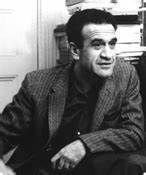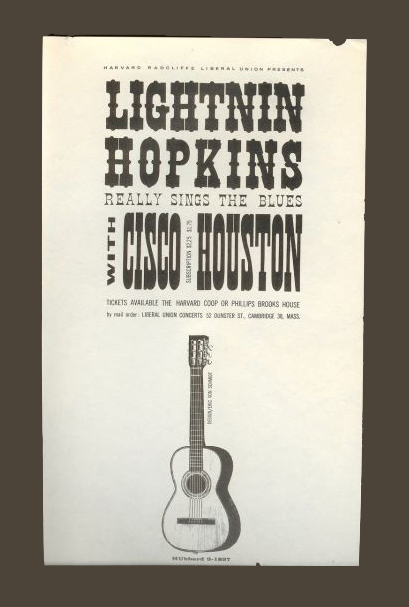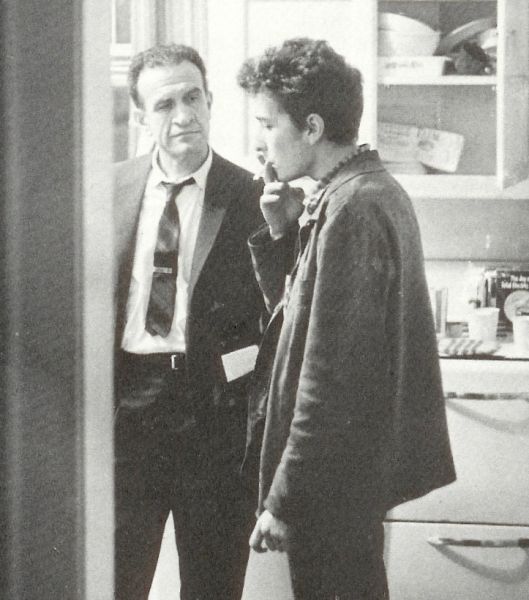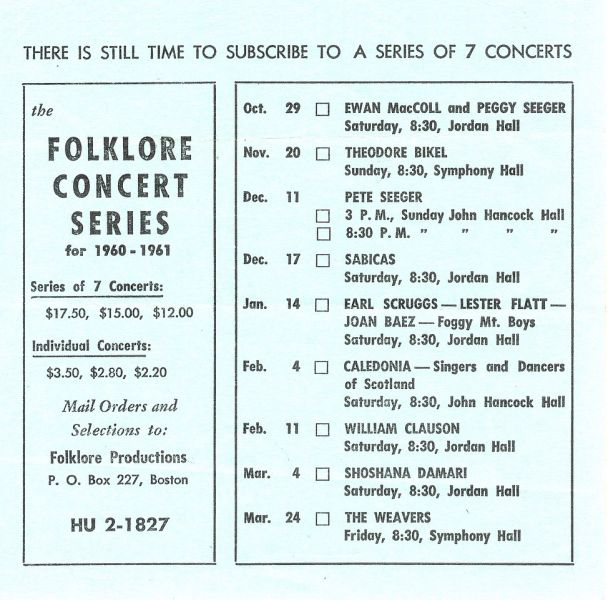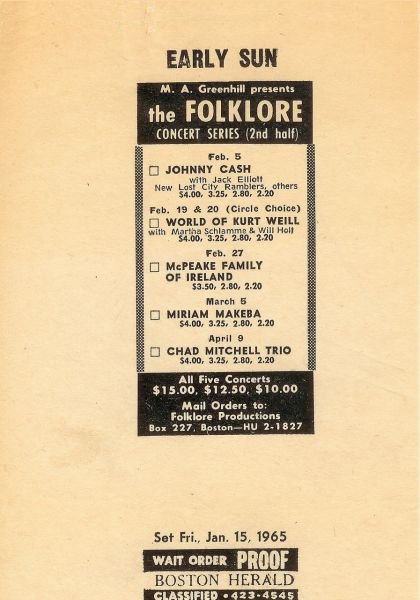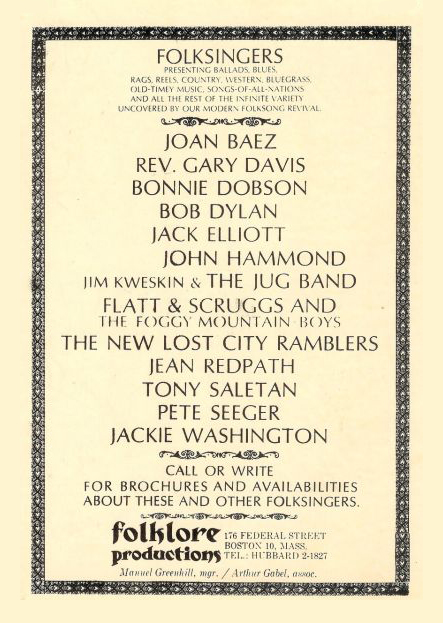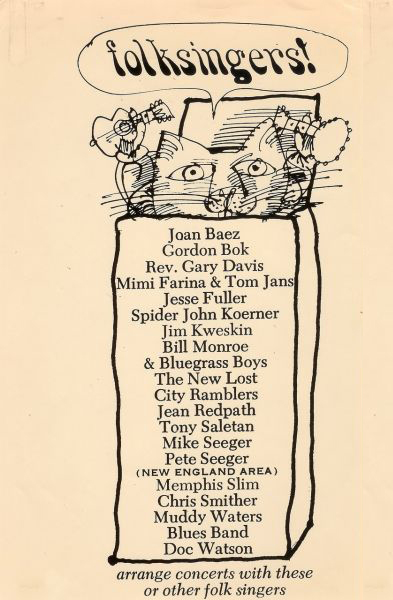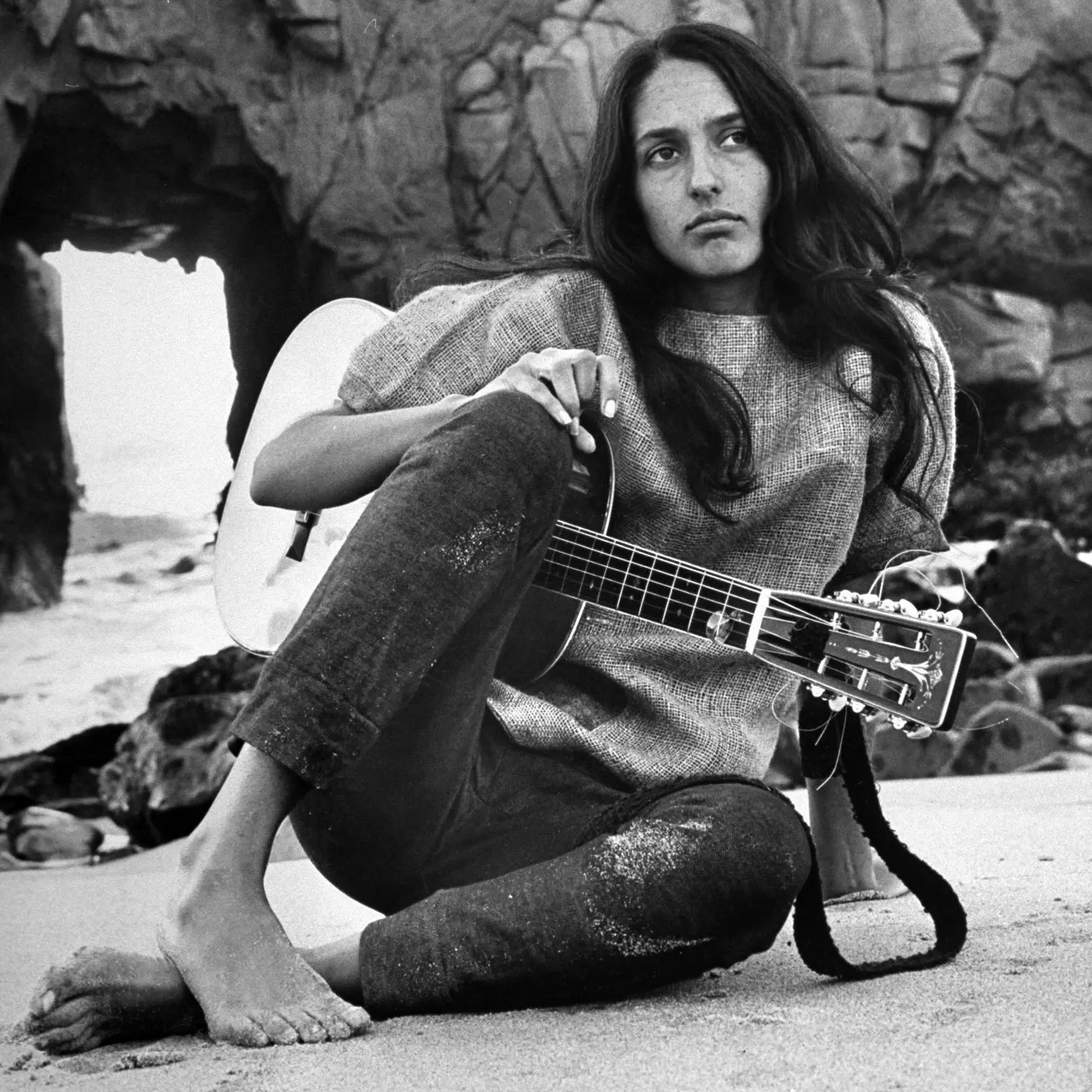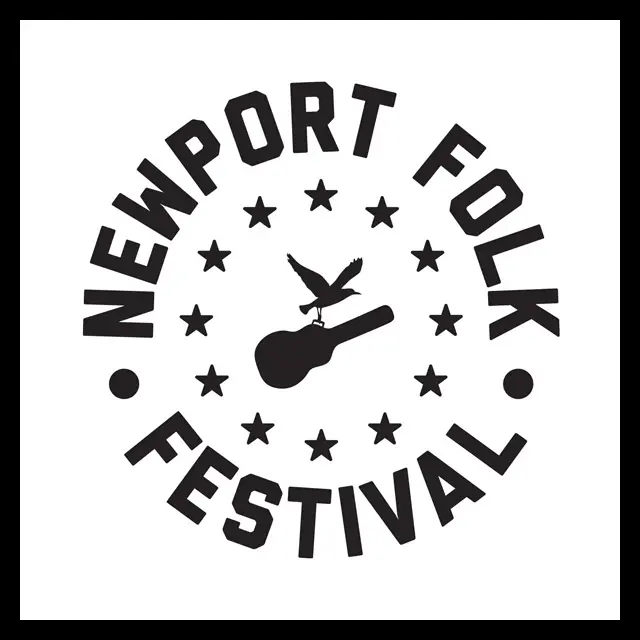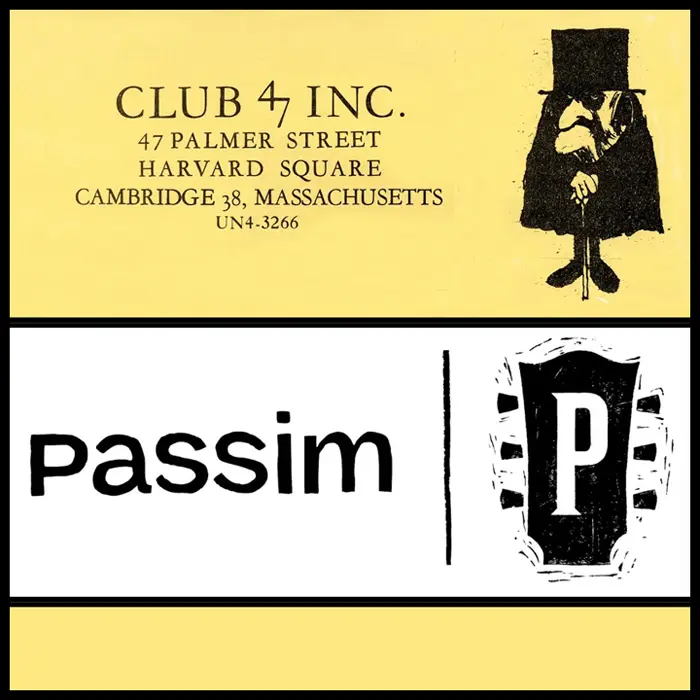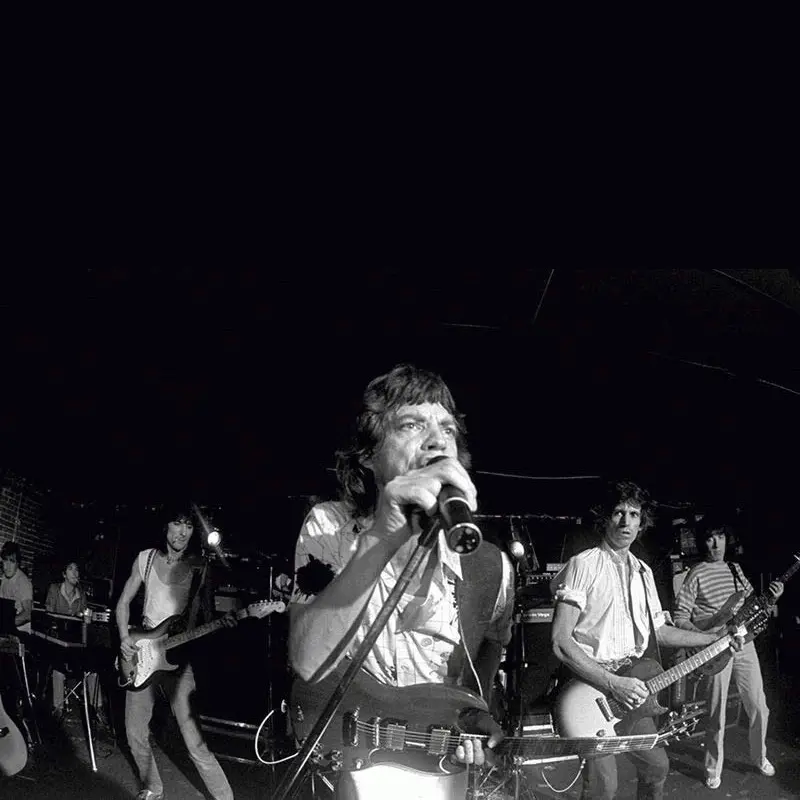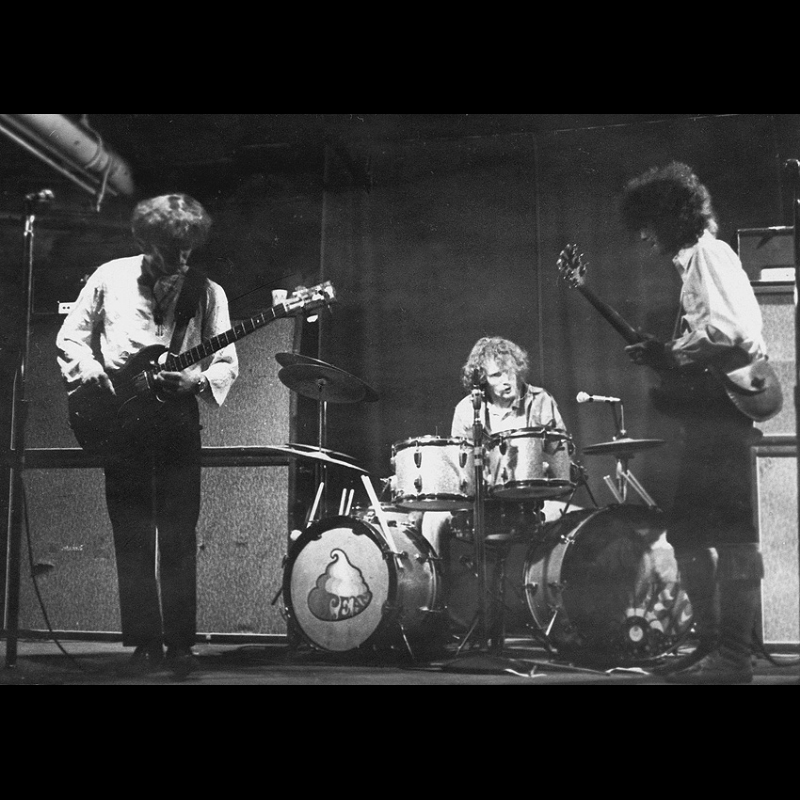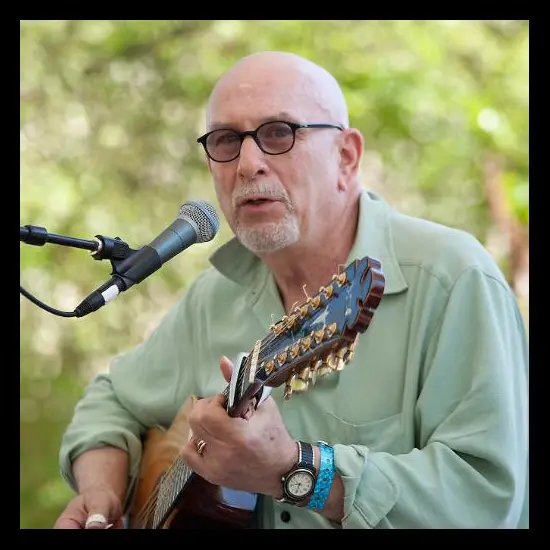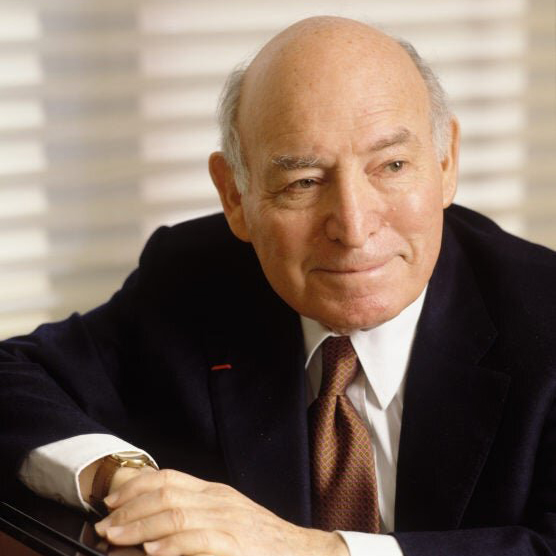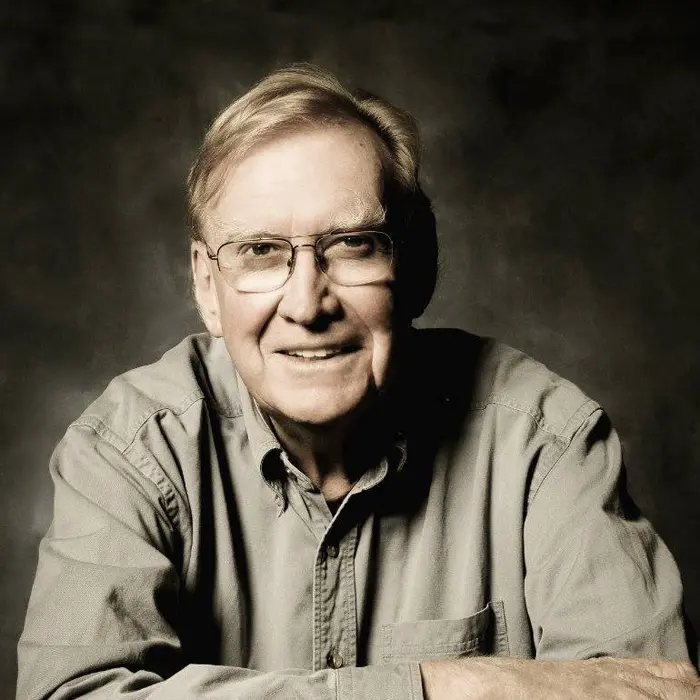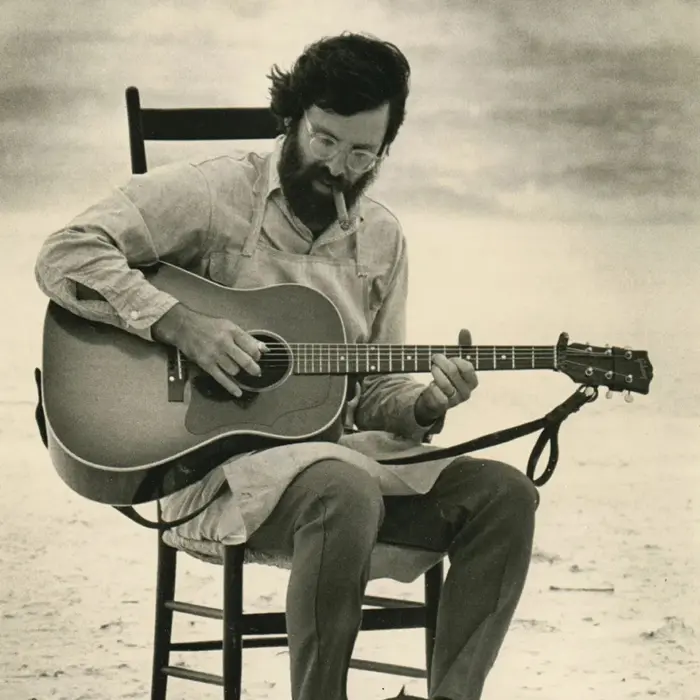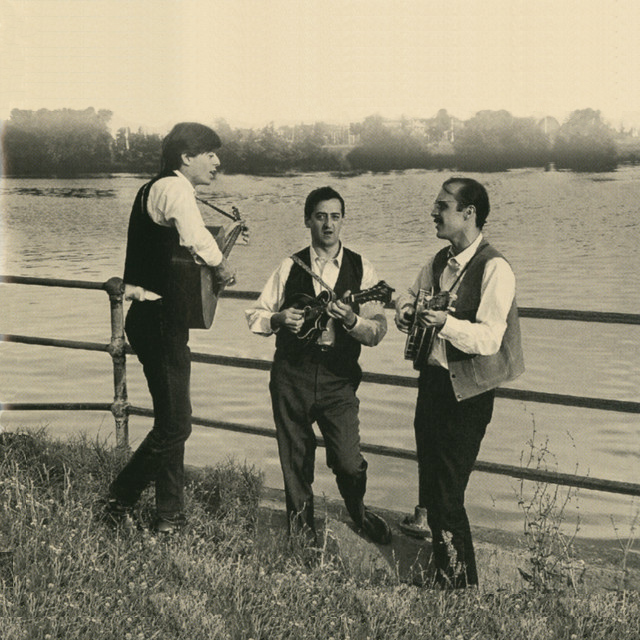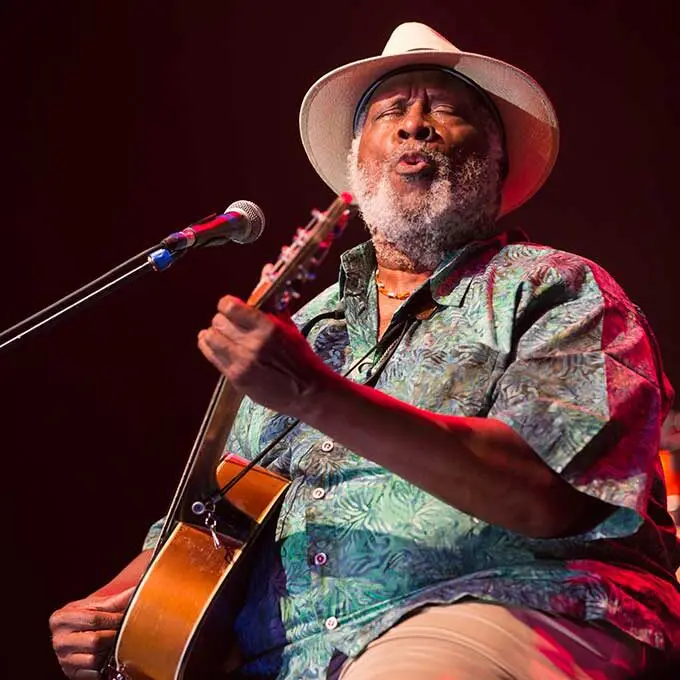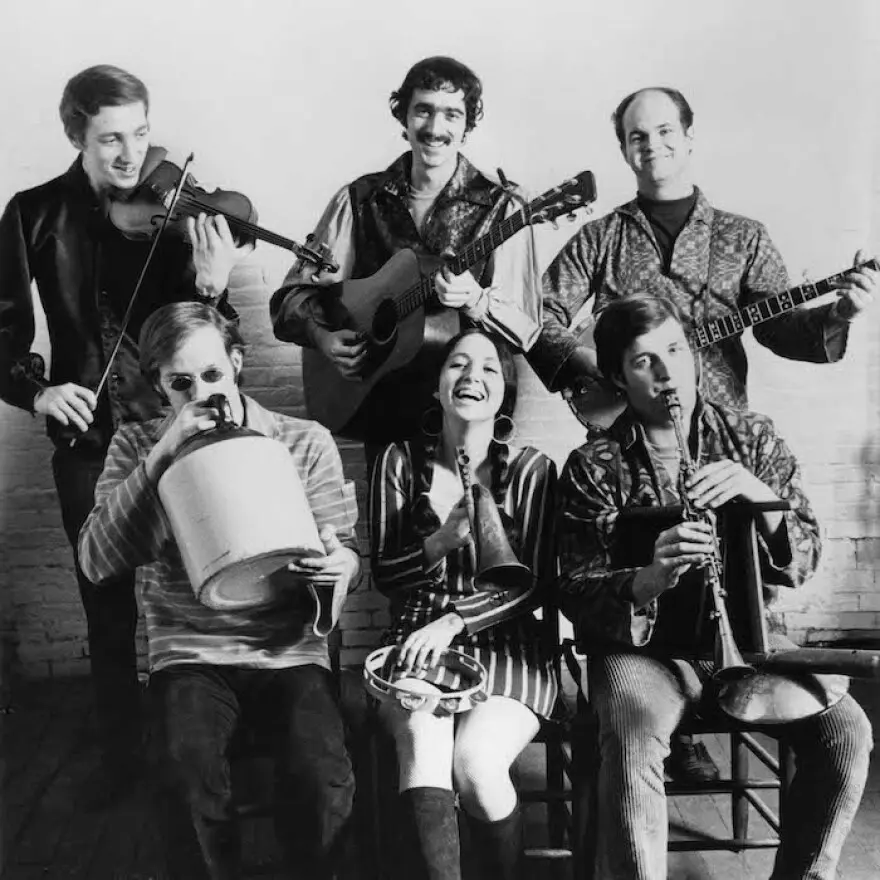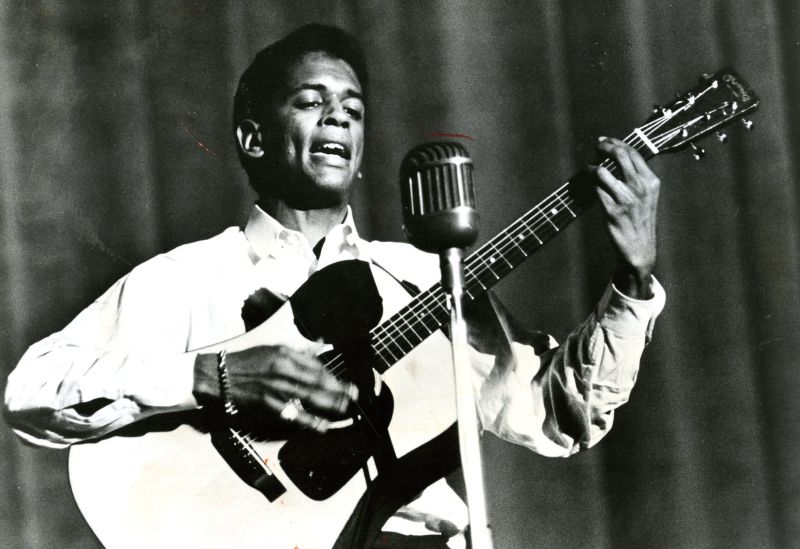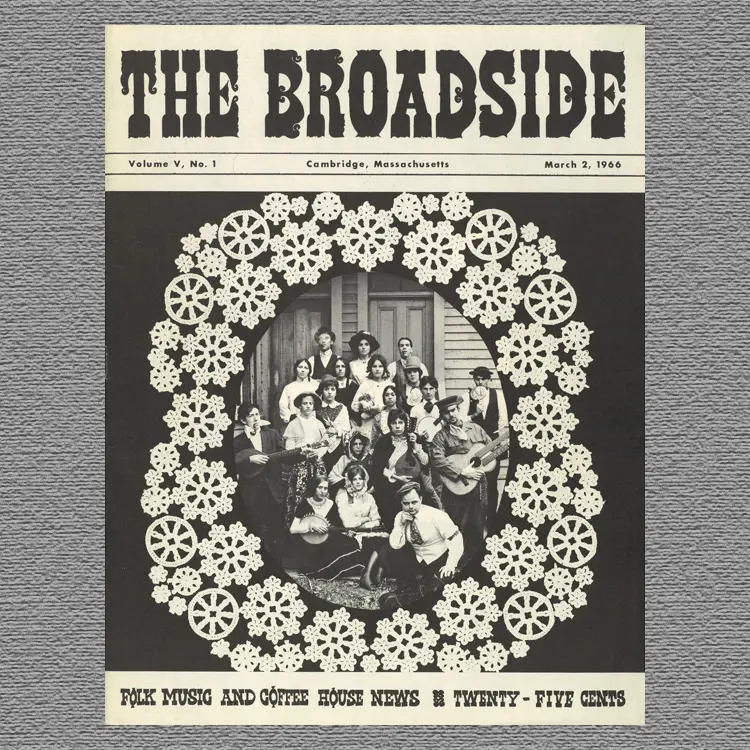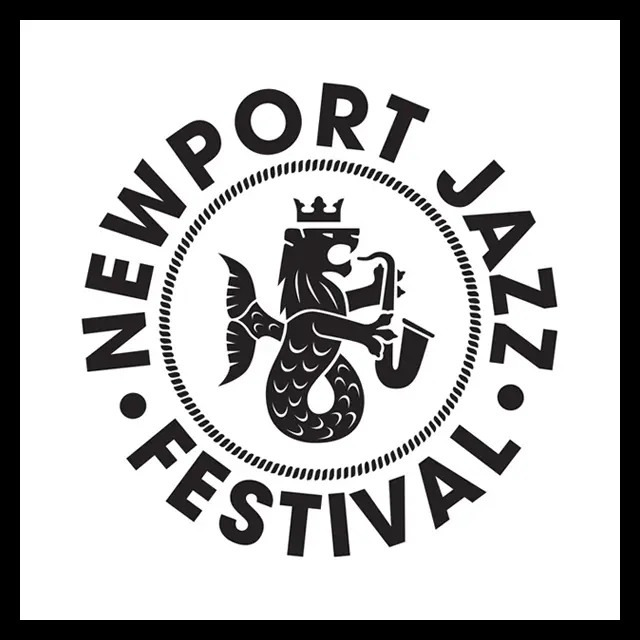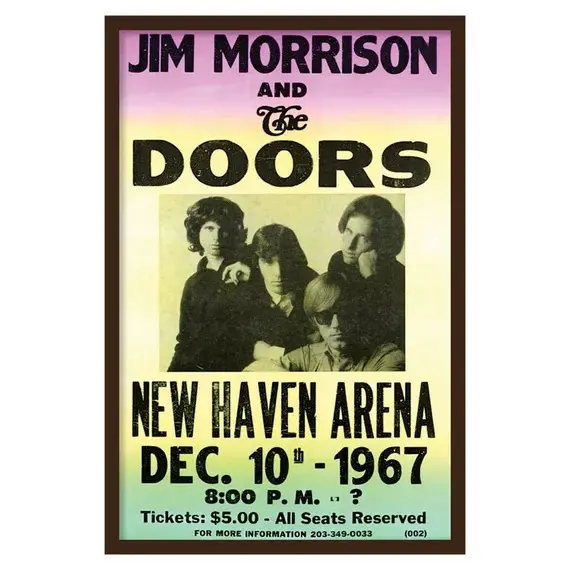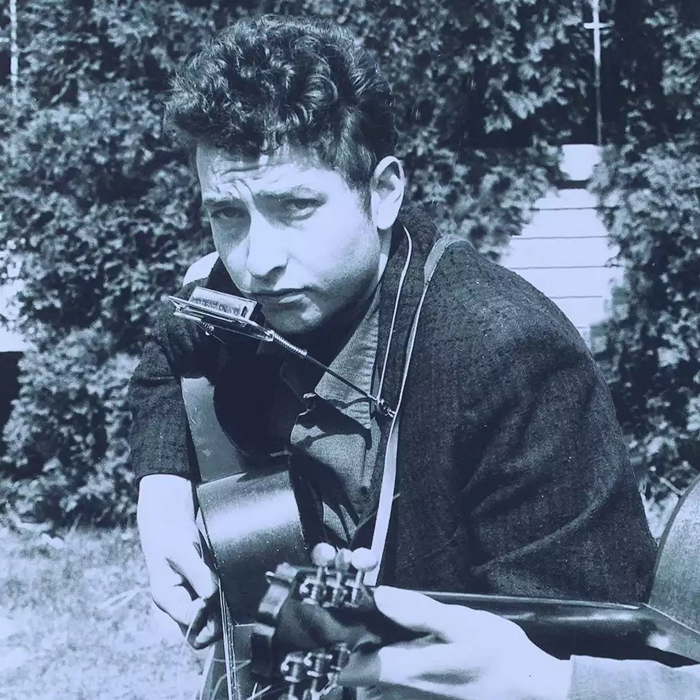Folklore Productions

Rock history is rife with examples of famous (and infamous) managers whose relentless promotional efforts and ruthless negotiation skills brought their acts far-reaching fame and fabulous fortune: Colonel Tom Parker (Elvis Presley), Don Arden (Little Richard), Albert Grossman (Bob Dylan), Brian Epstein (The Beatles), Andrew Loog Oldham (The Rolling Stones), Peter Grant (Led Zeppelin), Tony DeFries (David Bowie) and Robert Stigwood (Cream), to name just a few.
And for an impressive range of celebrated folk artists in and around New England, for over 40 years that indispensable manager was Manuel “Manny” Greenhill, the founder of Folklore Productions, now called FLi Artists and operated by his son, Mitch, and his grandson, Matthew.
Overview
Unlike the purely pecuniary pursuits of most of his contemporaries, the scope of Greenhill’s vision went far beyond the profit motive and sheer greed; political progressivism, racial integration, gender equality, workers’ rights and significant social change were much higher on his priority list. His unwavering commitment to an artist’s right to express their opinions openly in public – even when their views were highly controversial – was so strong that he personally coordinated multiple anti-Vietnam War events headlined by Joan Baez, Folklore’s first managerial client.
“Baez would hold press conferences and very political activities that were outside the realm of strict concert presentation,” says Mitch, the current president of FLi and a well-respected folk singer-songwriter in his own right. “There were a lot of managers who’d have been scratching their heads trying to put this all together. But Manny came out of a place where music and politics were very connected. It was a natural fit for him.”
Manny Greenhilll
That “place” was Greenhill’s role as a union activist in the late ’30s and early ‘40s. Born in New York City in 1916, he graduated from City College of New York in 1937 and took a job as a steelworker, five years before the United Steelworkers Union was founded, at a time when tensions between management and labor were at a boiling point. Some related conflicts turned violent that year – the most famous example being when Chicago police shot 10 striking workers dead outside the Republic Steel factory in May – and Greenhill organized various pro-union concerts headlined by the era’s most politically oriented singers including Pete Seeger and Woody Guthrie, providing him with a crash course in the folk genre.
“I think my father’s big moment of stepping out was during the Spanish Civil War [1936-1939],” says Mitch, referring to what some historians have called a “dress rehearsal” for World War II. “He became outraged at the fascist overthrow of the Spanish government and he started seeing the world as between the ‘haves’ and ‘have-nots’ – ‘labor’ and ‘management’, as he called it.”
Move to Boston, “Midnight Hoots,” Folk Song Society
Inspired by both the sound and spirit of folk, Greenhill started taking guitar lessons from Josh White, a well-known singer-songwriter and civil-rights activist. After serving in the Army during World War II (1944-1945, stationed in Honolulu), he returned to New York, but in 1952 he decided to make a radical career change and relocated to Boston, taking a job selling advertising space in foreign-language newspapers while laying the groundwork for his future on the burgeoning Cambridge folk scene.
In 1955, roughly 10 years after the folk revival took root, what would soon become Greenhill’s full-time promotion of folk and its associated activism began when he started organizing small concerts called “midnight hoots” – local acts playing at venues in Cambridge from midnight into the wee hours – and established the Folk Song Society of Greater Boston, a nonprofit through which he promoted monthly folk concerts at the Boston YMCA.
FBI surveillance, Folklore Productions, The Ballad Room
In 1956, according to documents obtained through the Freedom of Information and Privacy Acts, the FBI put Greenhill under surveillance as part of its COINTELPRO initiative aimed at the Communist Party, civil rights, anti-war and Native activists and labor-rights organizers.
In 1957, Greenhill established Folklore Productions as a concert presentation agency, and that summer at Tanglewood he offered to present Pete Seeger in concert a few months later. “In our creation myth, that was the formal start of Folklore Productions,” Mitch says. That fall, Greenhill organized the first event in the Folklore Concert Series, a show featuring Josh White, Tony Saletan and Shep Ginandez, and Pete Seeger with Sonny Terry held at Jordan Hall, the principal performance space of the New England Conservatory and home of the Chamber Society of Boston.
Over the next several years he coordinated shows for higher-profile artists including Seeger, Bob Dylan, Odetta, Mahalia Jackson, Lightnin’ Hopkins, Flatt & Scruggs, Mercedes Sosa, The Doors and Baez. In 1958/9, Greenhill met George Wein, who’d founded the Newport Jazz Festival just four years before, and in 1959, the year of the first Newport Folk Festival, they partnered to create The Ballad Room nightclub in Boston which hosted Baez, the New Lost City Ramblers, Ed McCurdy, Keith and Rooney, Rolf Cahn, Eric von Schmidt, Memphis Slim and Willie Dixon, among others.
Expanding to booking, management
In 1960, applying his uniquely fair-minded and decidedly artist-centric approach, Greenhill expanded Folklore’s scope beyond concert presentation, adding booking and management to the company’s range of services, with Baez being the first Folklore-managed artist.
Many others from New England and across the US joined the roster over the following years, including Josh White, Ted Alevizos, Tony Saletan, Oscar Brand, Rolf Cahn, The Chambers Brothers, The Charles River Valley Boys, Rev. Gary Davis, Elizabeth Cotten, Bonnie Dobson, Ramblin’ Jack Elliot, Flatt & Scruggs, Jesse “Lone Cat” Fuller, Rosalie Sorrels, Johnny Hammond, Lightnin’ Hopkins, Keith & Rooney, Jim Kweskin & The Jug Band, The Lilly Brothers & Don Stover, the New Lost City Ramblers, Taj Mahal, Ray Pong, Jean Ritchie, Tom Rush, Sonny Terry, Dave Van Ronk, The Weavers, Jackie Washington, Doc Watson and The Muddy Waters Blues Band.
National profile soars, Equal-opportunity trailblazer
In May 1962, Greenhill joined Club 47‘s Board of Directors, as reported in the Cambridge-based folk publication The Broadside, which covered New England’s folk scene and printed regular articles about Folklore events. The company’s profile soared to a national level in November that year when Baez appeared on the cover of Time magazine and was bolstered even further in 1963 when she was nominated for a Grammy for her album Joan Baez in Concert (Vanguard, 1962), which went to #10 on the Billboard Pop Albums chart.
From Folklore’s earliest days – in perfect alignment with the zeitgeist of the era and the spirit of folk music itself – Greenhill was an equal-opportunity trailblazer in an era when racial segregation was often the norm by insisting that venues where his artists performed be contractually obliged to welcome concert goers of every race, negotiating agreements with organizations ranging from the Daughters of the American Revolution to the Mormon Church.
Santa Monica opening, Boston closing
In 1971, Folklore opened an office in Santa Monica, which became the company’s headquarters when Greenhill closed the Boston office shortly thereafter. “[Manny] left Boston and went to Santa Monica, where life was easier and he was a semi-hippy,” said his friend Steve Gardner in 2002. In 1976, his 32-year old son Mitch joined the company and started managing artists while producing albums for Doc Watson, John Renbourn, the San Francisco Mime Troupe, Robin Flower and a variety of others while continuing to expand the Folklore management roster.
New management, Globalization
In 1996, when his father passed away at age 80, 52-year old Mitch took control of Folklore while his son Matthew, now FLi’s vice president and senior agent, joined as an agent-manager. With a degree in International Development Studies, extensive travels in Finland, France, Indonesia, Mexico and Haiti and fluency in Spanish and French, Matthew’s primary role is bringing more global acts into the organization, as reflected in it being renamed Folklore International – and later FLi Artists – to reflect a broader vision.
Since then, using the slogan “The Best in Roots Music Worldwide,” the company has expanded its scope far beyond the United States and traditional American folk to become a formidable world-music organization promoting multiple genres, from Americana, blues and Cajun to gospel, jazz and Celtic.
Current roster, Services, Fli Records
Current FLi acts include Ethiopian singer Mahmoud Ahmed, Celtic-folk septet Lúnasa, sacred-steel gospel band The Campbell Brothers, Scottish group Battlefield Band, Cuban jazz singer-percussionist-dancer-composer Brenda Navarrete, Indian classical violinist Kala Ramnath, Cape Verdean singer Elida Almeida and the Grammy-winning klezmer group The Klezmatics.
Today, with offices in Santa Monica and New York, FLi offers a broad spectrum of services including artist management and tour production across North America and Europe, music publishing, theatrical sound design and a label, FLi Records, established in 2020 in response to the Covid-19 lockdowns that prohibited live shows for over two years.
“Our whole business model is several hundred people gathering in a single place to listen to music,” Mitch said in a 2020 interview. “And Covid made that impossible so we had to do something. Starting a label seemed like the obvious option.” FLi Records’ debut release was a collection of Doc Watson’s instrumentals that Mitch produced in the ‘80s.
Legacy
Looking back on Folklore’s humble beginnings, it’s rewarding for music lovers, especially those in New England, to see that what started in the tiny folk clubs of Cambridge and Boston continues to make a positive impact on the world. And the fact that the Folklore has lasted for three generation of the Greenhill family is an inspiring example of how people can maintain a unified focus despite the dramatic musical and cultural shifts of the past six decades.
(by D.S. Monahan)

